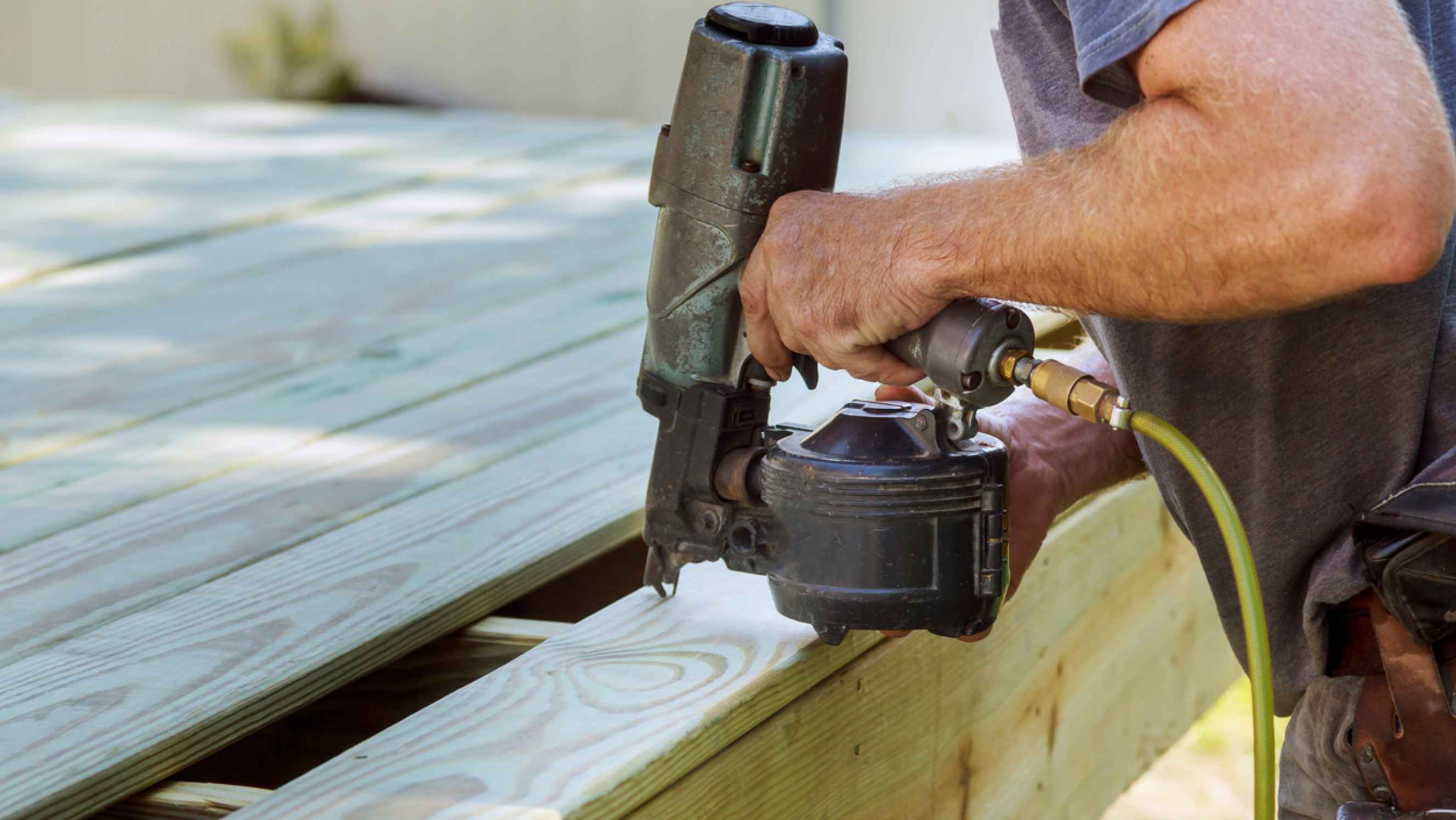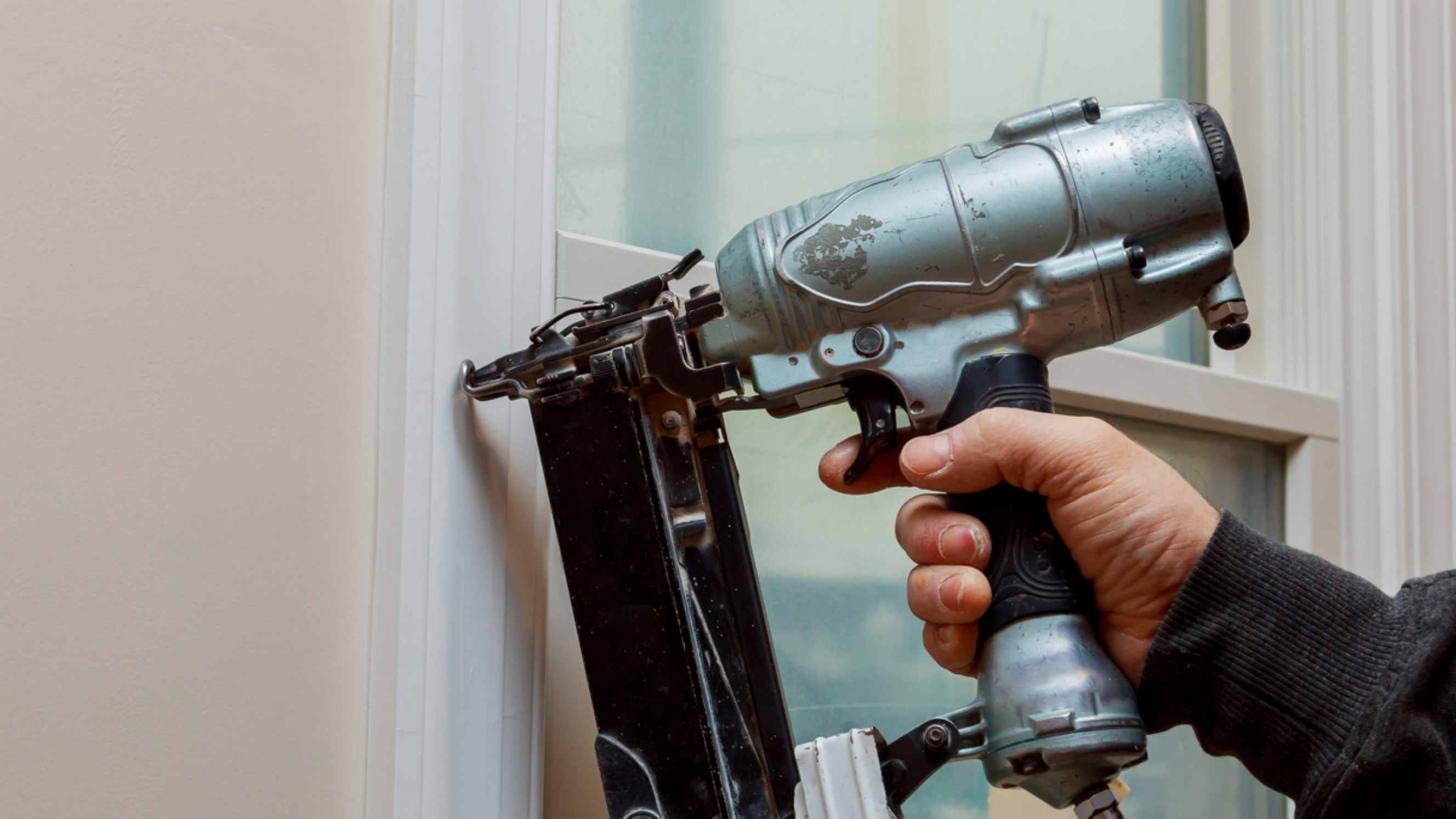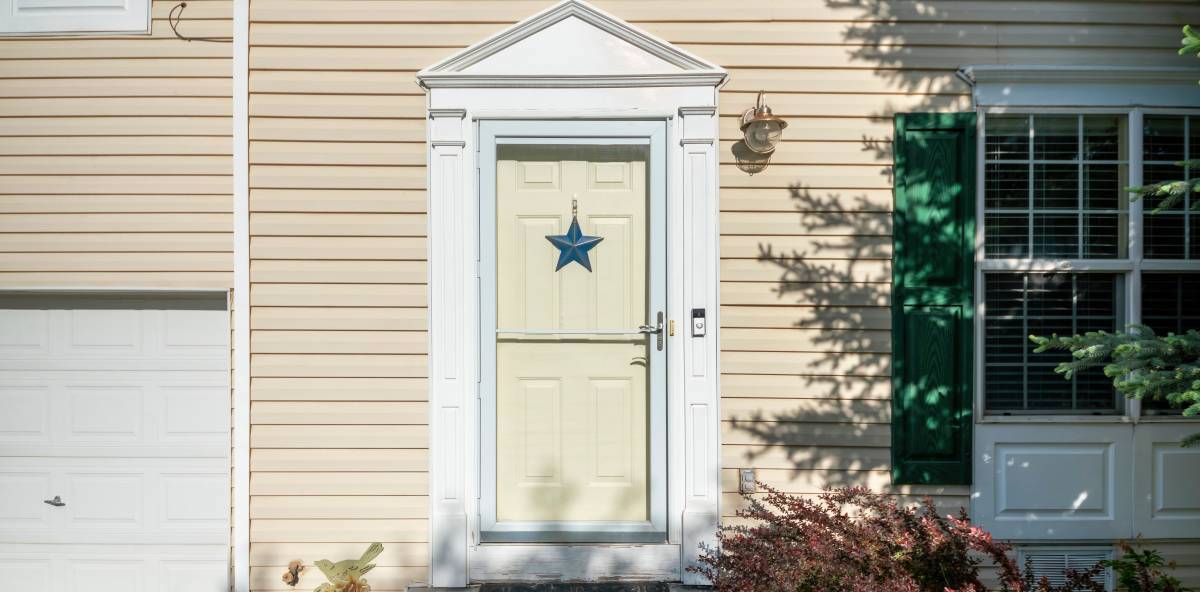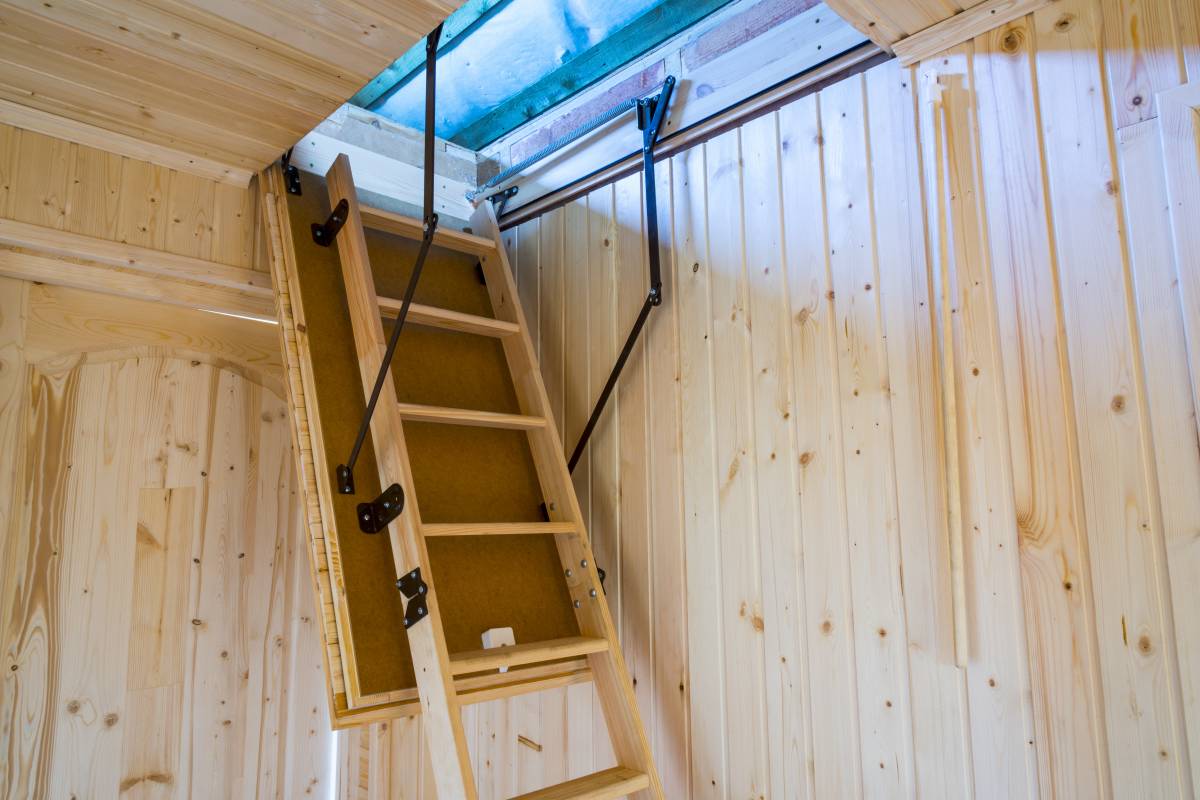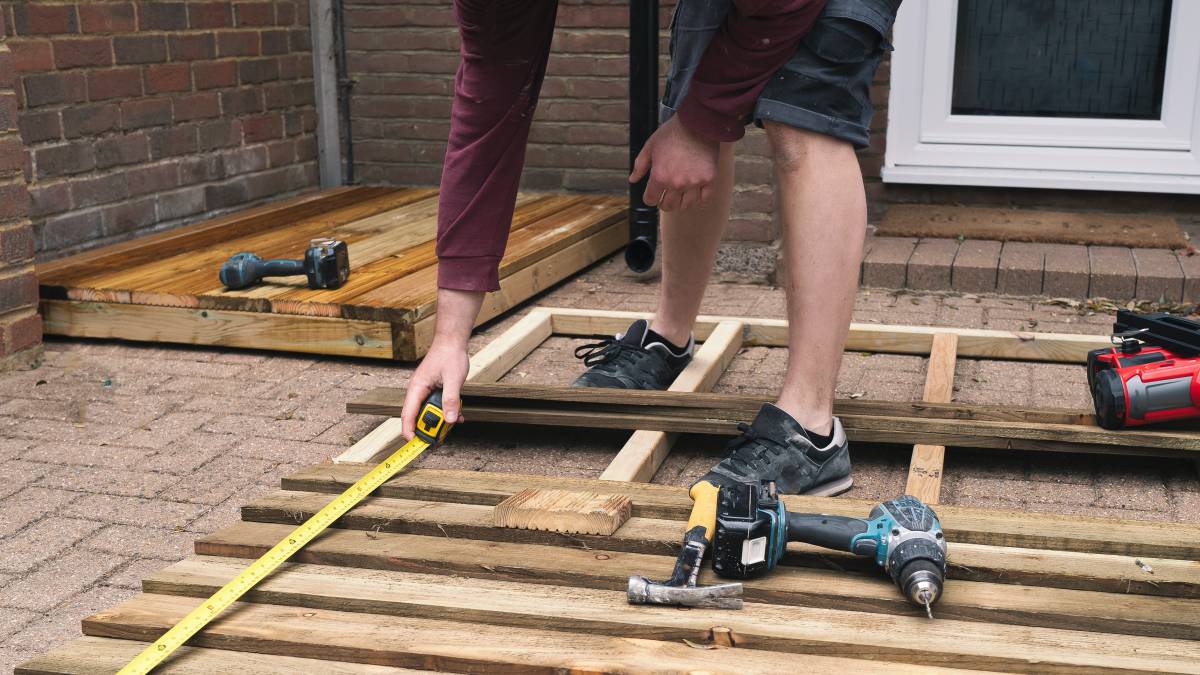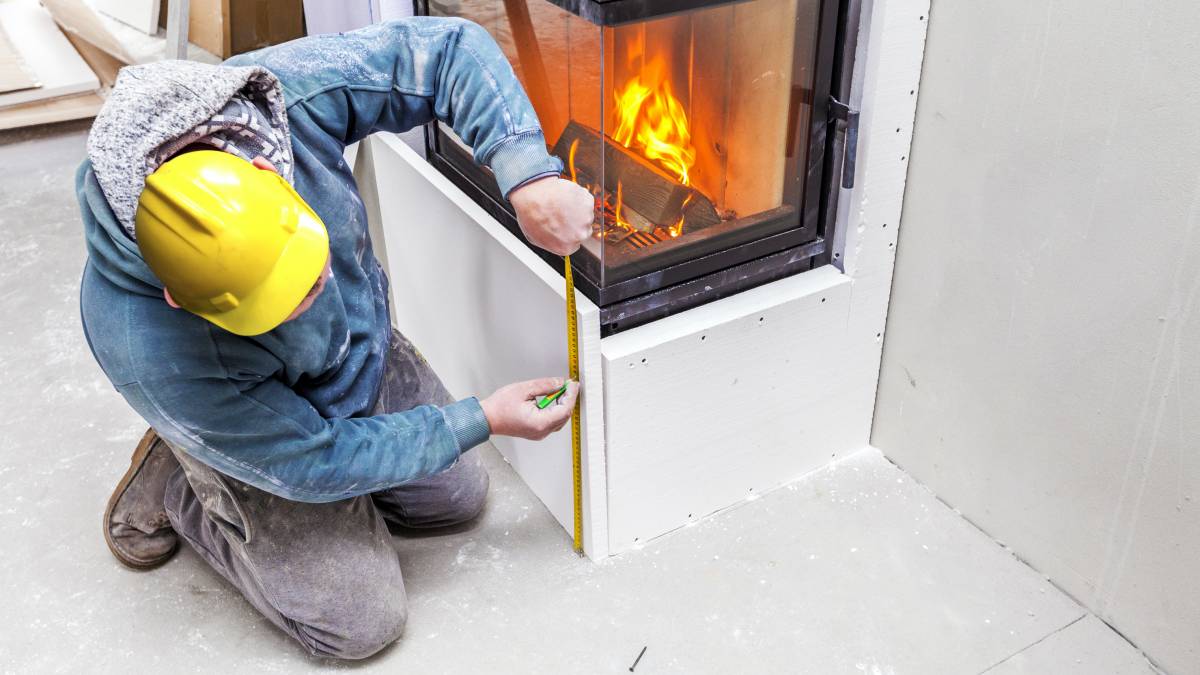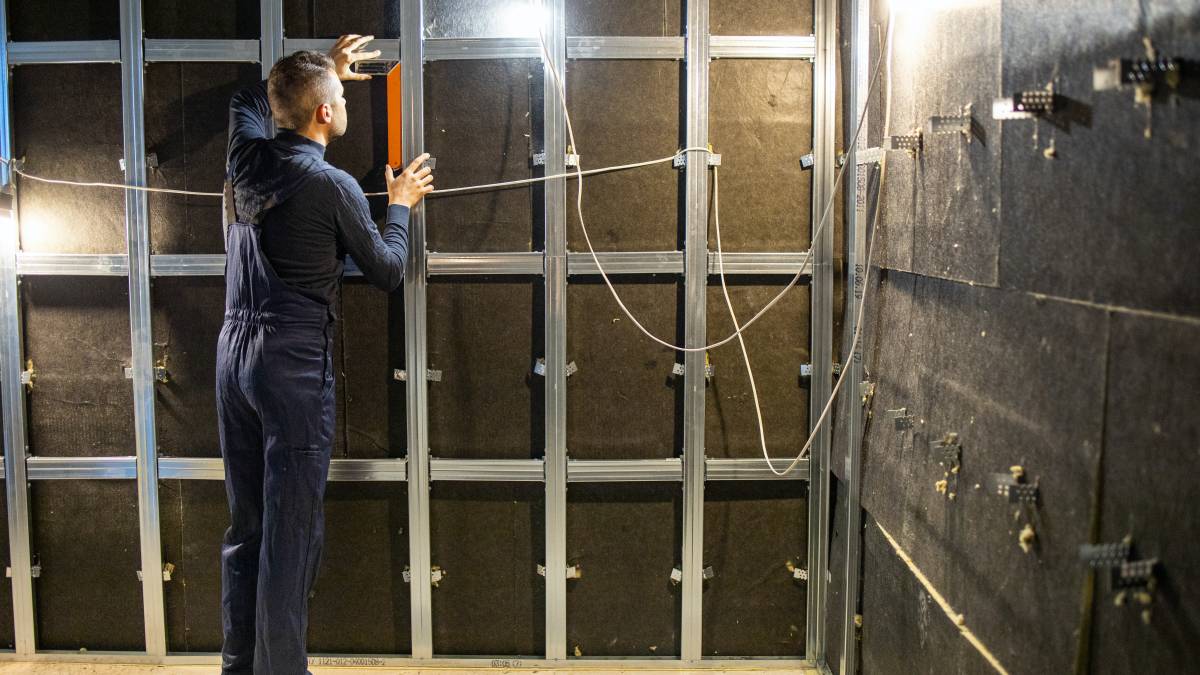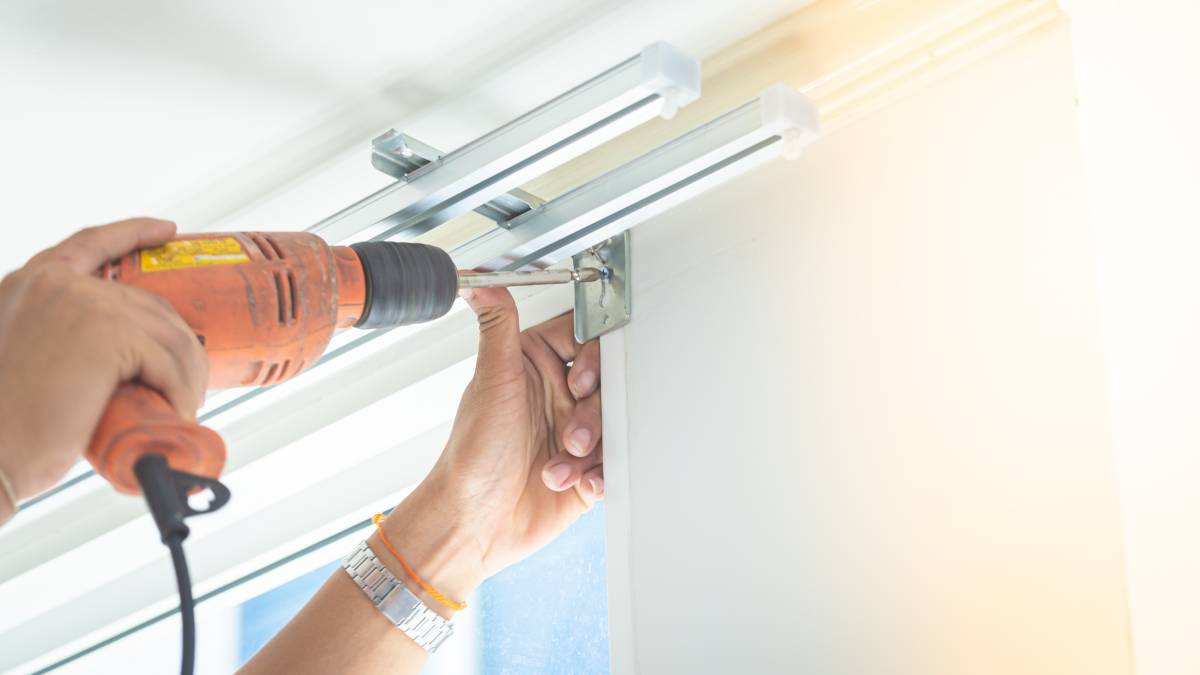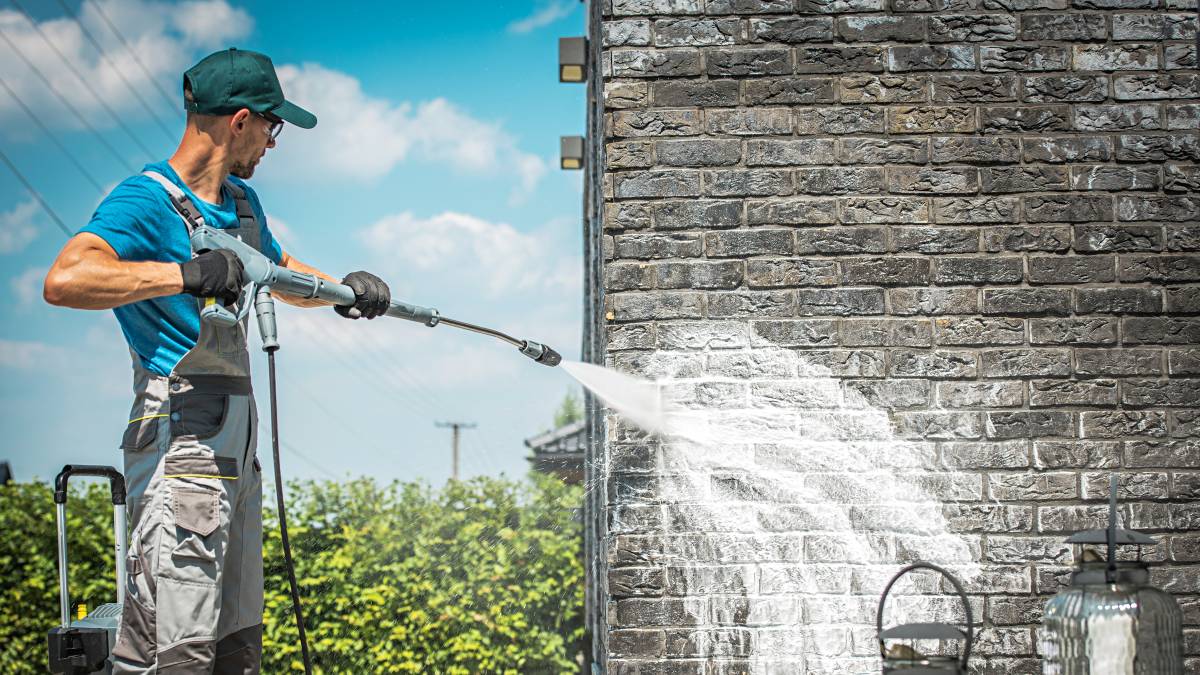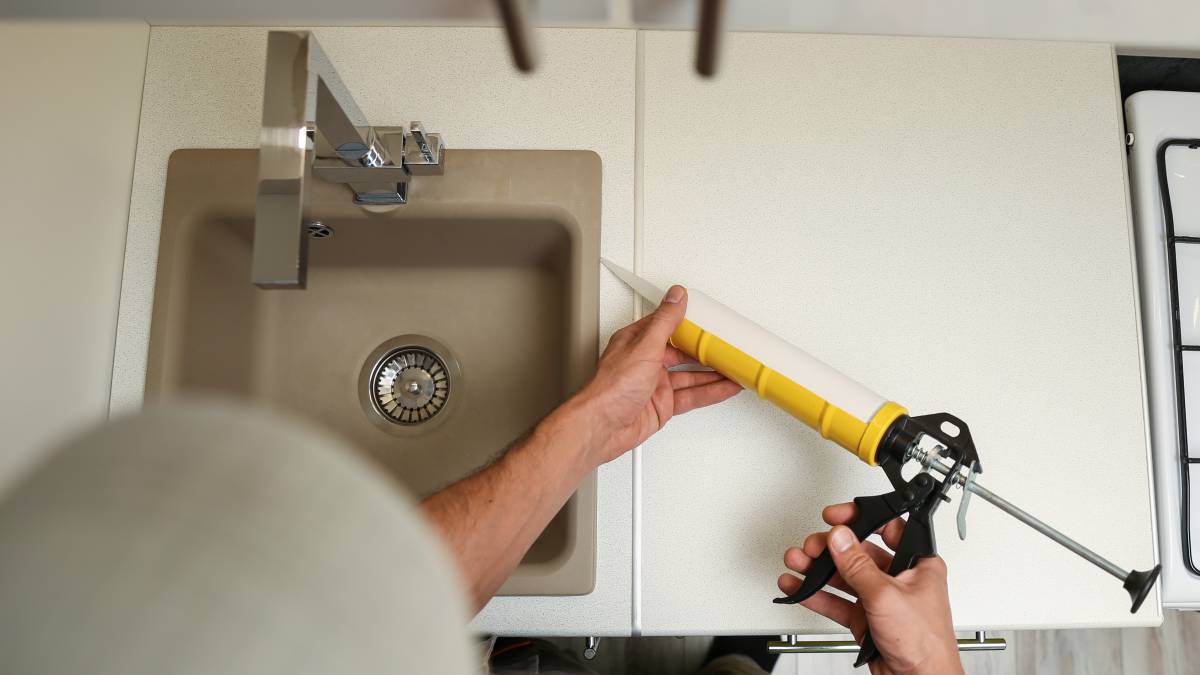- Home/
- Comparisons/
- Handyman/
- Handyman vs. Contractor

Handyman vs. contractor: What are their key differences?
Comparing handymen and general contractors based on job scope, project timeline, and more
Hire a handyman or general contractorLast Updated on
Key Facts
- A handyman has experience in simple home improvement and maintenance tasks, from furniture assembly to clock repair. Although laws vary among states, handymen generally don’t need permits or licenses to do their jobs.
- A general contractor handles or oversees complex jobs or large projects. They usually need a license or permit. Most operate a small team but can subcontract other professionals, including handymen.
Is your honey-do list overflowing with tasks like fixing a leaky faucet or tackling a whole bathroom remodel? Figuring out whether to hire a handyman or a contractor can feel like navigating a maze. Both get things done around the house, but the key distinctions between them can be subtle.
With that in mind, this handyman vs. contractor guide compares these two job titles based on their scope, project timeline, and more. You will also learn which requires licences, permits, and inspections and how to find a capable person for your needs.
What is a handyman?

A handyman is a person who usually performs general home repair and maintenance tasks, such as basic drywall repair, window and door installation, floor restoration, drain unclogging, gutter cleaning, and cabinet fitting. They don’t need permits or licenses unless they are doing electrical work and advanced plumbing or the project cost reaches a specific dollar amount.
What is a general contractor?

What does a general contractor do? They focus on primary roles: (1) oversee or supervise the completion of a large or complex remodeling or construction project from start to finish and (2) act as the intermediary between homeowners and service providers who might be part of the in-house team or subcontractors. Because they manage many specialized jobs, such as building design, they must have licenses, permits, and business insurance.
Handyman vs. general contractor: Which is better for your needs?
Do you need handyman services, or does the project call for contractors? These factors can help you make the right choice:
In terms of job scope
Handymen are usually jacks of all trades, performing one- to two-day odd jobs such as pressure-washing garage floors, building and fixing fences, installing curtains and cots, repairing clocks and doors, and removing flaking paint. Many are also adept in carpentry, so they can tackle woodworking projects, from dog houses to chicken coops. A handyman typically works on general home improvement projects that are not classified as specialized jobs.
On the other hand, a general contractor performs and supervises complicated, big-budget, and larger projects that take a few weeks to months to complete. Their job scope or description is comprehensive. It includes developing budgets, hiring people or choosing the best subcontractors, negotiating costs, and liaising with clients. They must know building codes, engineering, marketing, and project management.
In terms of licensing
Another way to compare a general contractor vs. handyman is to know their licensing requirements. In general, handymen can forego getting a license or certification if they are doing basic services, minor repairs, aesthetic changes, or jobs that don’t require building permits and inspections.
However, state laws can also significantly vary. In Arizona, most home repairs require a general contractor license, but a handyman can apply for an exemption for no-building-permit projects under $1,000. In Arkansas, anyone who wants to take up this business can avoid licensing as long as the total project value is less than $2,000 or obtain a home improvement license to get more profitable projects. California is like most states, which do not require licensing but cap the project cost at $500.
Can a handyman do plumbing work? Yes, but only simple tasks such as draining clogs or fixing sinks. Some jobs might require licensing in several states. These include advanced plumbing, HVAC installation and management, and electrical work. However, some places allow unlicensed electricians to do installations and repairs as long as a licensed professional oversees them.
If they need a license or certification, they usually must have a GED diploma, bachelor’s degree, vocational course, apprenticeship, or other types of professional training.
General contractors, on the other hand, usually need a license, and getting it is often rigorous, involving exams, business registration, and proof of insurance coverage. A licensed contractor must also demonstrate relevant work experience, achieve specific academic qualifications, and know contracting laws. In some states, they should acquire a specialty license if clients hire them for only a specific specialized project, such as upgrading the plumbing system or removing asbestos.
In terms of team size

You can also compare a handyman vs. general contractor based on team size. Most handymen work by themselves unless the project calls for a licensed professional. A good example is a bath remodel that needs upgrading of plumbing systems.
A contractor firm is usually a family-owned business or a corporation. It maintains a core in-house team of builders, electricians, plumbers, project managers, and even handymen. Depending on the job, it hires subcontractors from separate businesses, although they still take the lead and supervise the entire project.
In terms of permits and inspections
Handymen usually don’t need planning and building permits to complete small, minor, and basic home improvement jobs. This also means they can skip inspections.
Meanwhile, general contractors need permits for larger home construction or renovation projects and other modifications governed by building codes, which differ between municipalities. Their work also requires scheduled inspections by local authorities to ensure the employees are safe and the quality is up to par with regulations.
In terms of insurance and liability
American general contractors need a business insurance policy to operate. Two of the most essential are workers’ compensation if they have employees and contractor’s liability insurance for third-party claims on property damage and bodily injury. The minimum amounts for these types of coverage vary. New York mandates contractors to have a general liability insurance coverage of $80 million, regardless of the project scope or permit, if they should use tower cranes.
Some buy more for further protection, such as professional indemnity, which prevents financial losses due to claims of negligent service or advice provided.
Should a handyman be licensed and insured? It’s recommended, although not required. Usually, they only need general liability.
In terms of cost structure

Self-employed handymen usually charge a fixed or hourly rate (between $50 and $80 per hour). A business offering handymen services can command a higher price of over a hundred dollars, depending on the job.
In some cases, you must pay additional expenses. If they buy the material, costs can increase by as much as 50%, while others include a call fee or a trip charge of at least $30 in their invoices.
As for contractors, they have many pricing models. One of the most popular is fixed, wherein the costs cover the entire project. Two variations are cost plus, which includes overhead expenses and profit margins, and maximum price, which sets the maximum clients can pay. Sometimes, homeowners pay only for the hours worked and materials used, while others base the fees on tasks or milestones.
In terms of project timeline
Handyman projects are more straightforward, so they require less planning and have a shorter lead time. Keep in mind, though, that an in-demand professional tackles multiple small jobs, so consider booking their services at least three days to a week before the deadline.
Conversely, contractor projects require longer lead and completion times for the following reasons:
Contractors have a multistage process; obtaining a permit alone can take at least a week, and they cannot commence building or renovating without it.
Contractors work with many people whose skills and schedules vary.
Many problems can arise during the project, causing delays.
In many places, they can only work for certain hours or days of the week.
A good firm can address these challenges by having an in-house team or building great relationships with subcontractors and suppliers or vendors. They appoint project managers, especially for complex work, and carefully track milestones to forecast problems. Some building permits set a required completion date, motivating contractors to complete the job on time.
Simplify home repair and improvement with Airtasker

Overall, not all home-related tasks can be DIYed; some are risky, complicated, or impossible to accomplish without the right tools and know-how. If you need help, you can choose a handyman or contractor. However, where can you find them?
Airtasker is a free online platform that connects you with the right experts, and using it is easy:
Post a task. Set a timeline, location, and budget. Mention essential project details, such as the actual job and preferred materials (e.g., “change my 2-year-old ceramic kitchen countertops to quartz”).
Wait for offers from Taskers. Compare their ratings and read their profiles or reviews to narrow down your choices.
Hire the right person for the job.
With Airtasker, you can spend less time worrying about who should do a home repair or improvement project. Simply post a task and get quotes from qualified handymen or licensed contractors near you.
Handyman vs. contractor
| Handyman |
General Contractor |
|
| Job Scope |
Completes small, basic home improvement and maintenance tasks |
Does complex jobs, including supervising construction, remodeling, and maintenance from start to finish |
| Licensing |
Doesn’t require a license except when doing complicated jobs or when the project cost hits a specific threshold value |
Always requires licensing and extensive qualifications in project management, engineering, state laws, and building codes |
| Team Size |
Usually works alone |
Usually has an in-house team or subcontractors |
| Permits & Inspections |
Generally doesn’t need permits and inspections because jobs are small |
Requires building permits and inspections in certain states |
| Insurance & Liability |
Can get general liability and professional indemnity insurance |
Needs general liability insurance and workers’ compensation (if they have employees) |
| Cost Structure |
Charges fixed or hourly rates (around $50 to $80 an hour), up to 50% more for buying materials, and a call fee |
Has many pricing models |
| Project Timeline |
Requires a very short lead time, completes the work in a few hours to days |
Needs longer lead and completion times, can be prone to delays |
FAQs on handymen and contractors
Hiring handymen instead of general contractors for a complex job may result in poor quality due to a lack of expertise. It also leads to safety hazards or permit violations if the project exceeds their qualifications.
Besides doing due diligence and requiring contractors or handymen to show their qualifications, you can verify their licenses at their respective state building authorities.
Yes, they can be project managers because the job requires no license or certification. However, they need at least a tertiary qualification in project management or a related field. Getting certified is also highly recommended.
General contracting is more complicated than how handymen work, especially when it involves subcontracting. The state might require them to hire those with a contractor license, and they must collaborate on many activities. These include time scheduling, contracts and permits, payments, and quality control.
Find handyman, fast
Post a task
Related articles

Install a screen door in 6 steps
Read more

How to Soundproof a Room
Read more

How to fox proof your chicken coop
Read more

How to install curtain rods
Read more

Best blue-collar jobs on Airtasker
Read more
Related price guides
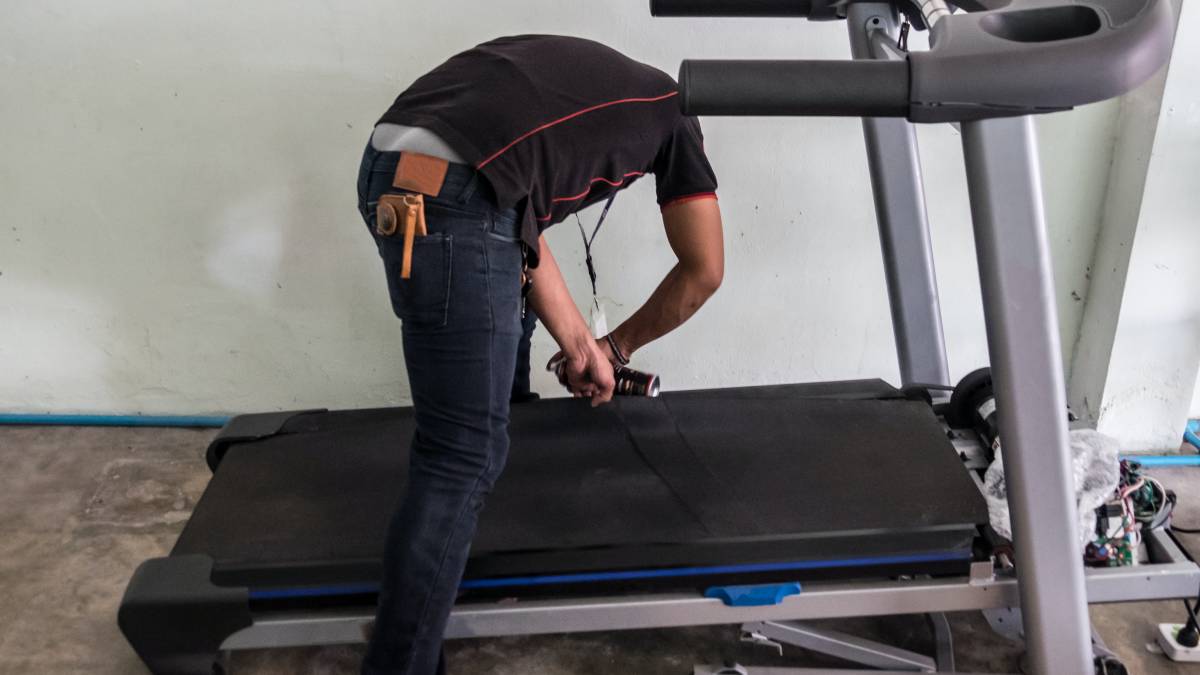
How much does treadmill repair cost?
Read more

What are average handyman prices?
Read more

How much does clock repair cost?
Read more

How much does hot tub repair cost?
Read more

How much do roman blinds cost?
Read more

How much does a sunroom cost?
Read more

How much does shed roof repair cost?
Read more

How much does signage cost?
Read more

How much does window repair cost?
Read more

How much do chainsaw services cost?
Read more


